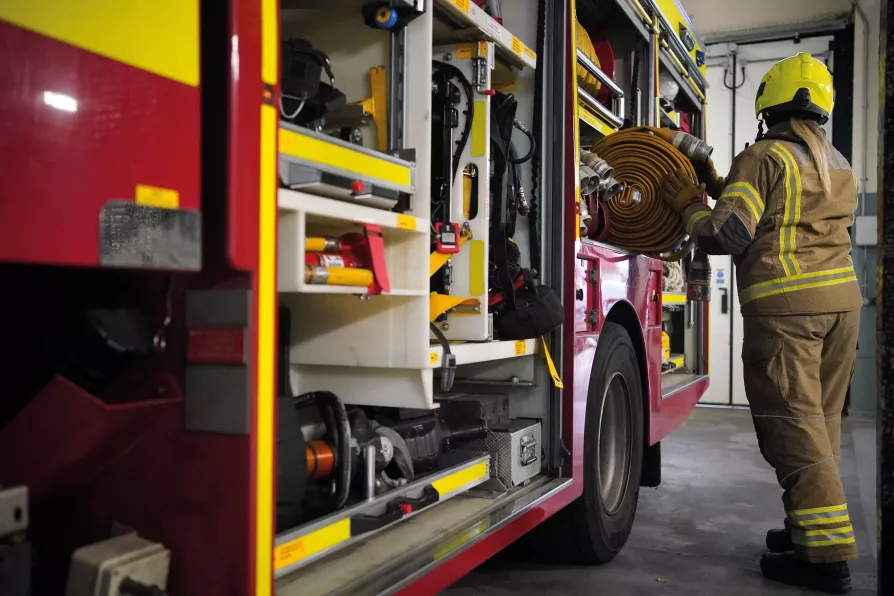The suicide of Tamara Jade Logon after her disability benefits were wrongly withdrawn is the latest in a series of deaths in which coroners have cited DWP failings, exposing a pattern of preventable harm, says DYLAN MURPHY


LAST FEBRUARY, I was lucky enough to have the opportunity to throw myself into some of the extensive training undertaken by our fire and rescue services.
I joined the South Wales Fire and Rescue team who invited me to the Cardiff Gate training centre and Bridgend fire station where I attempted search-and-rescue drills in cramped, smoke-filled rooms and mazes of confined crawl spaces, all in complete darkness.
Needless to say, I left both experiences with a renewed appreciation for what our service people do day in and day out. One thing was abundantly clear to me: we are incredibly lucky to have such a skilled group of people who are willing to go above and beyond while putting themselves at risk.

While Hardie, MacDonald and Wilson faced down war pressure from their own Establishment, today’s leadership appears to have forgotten that opposing imperial adventures has historically defined Labour’s moral authority, writes KEITH FLETT

The FBU is demanding 52 weeks of full pay for women firefighters, highlighting the unique health risks they face — and the continuing need to recruit and retain more women if policies like this are still not in place, writes SEONA HART












